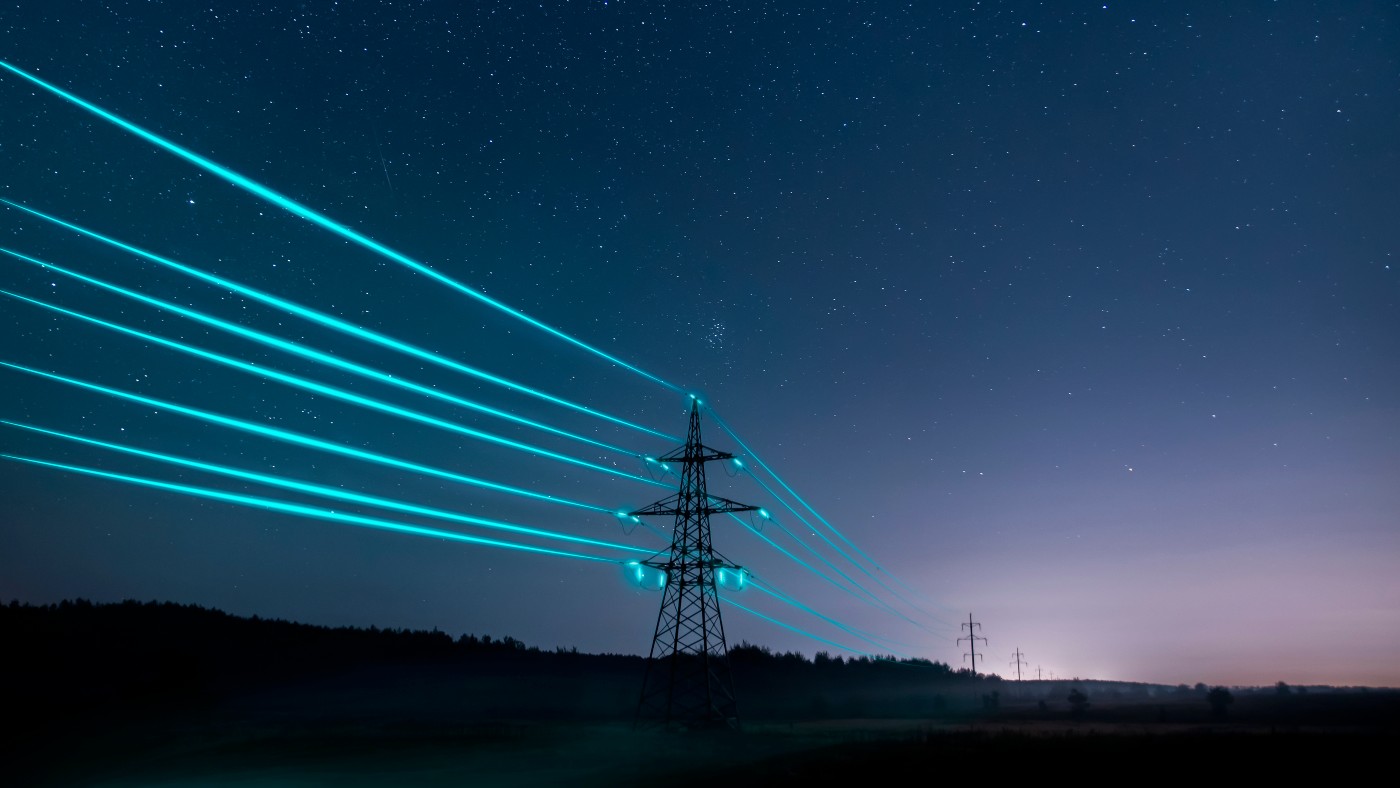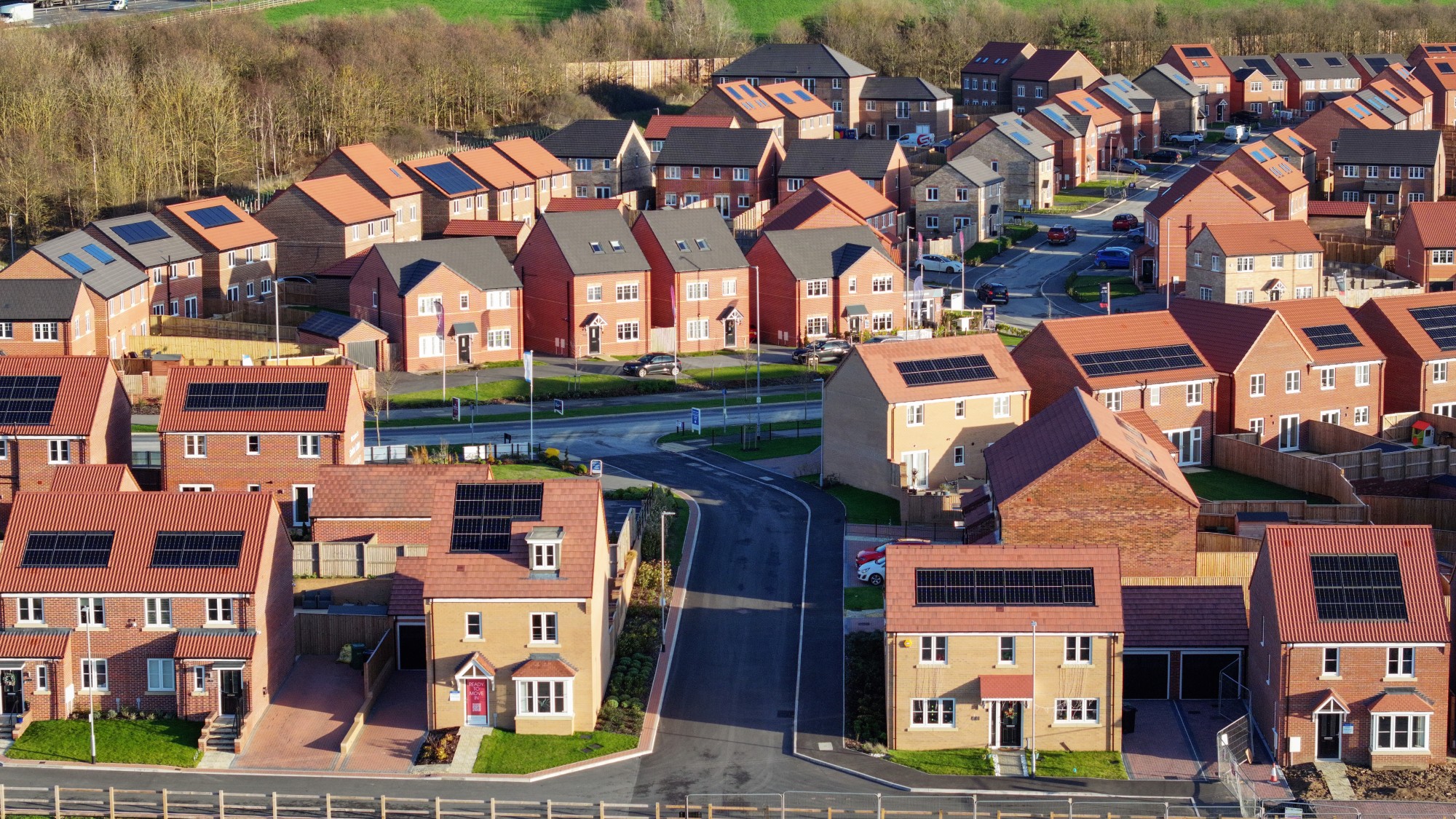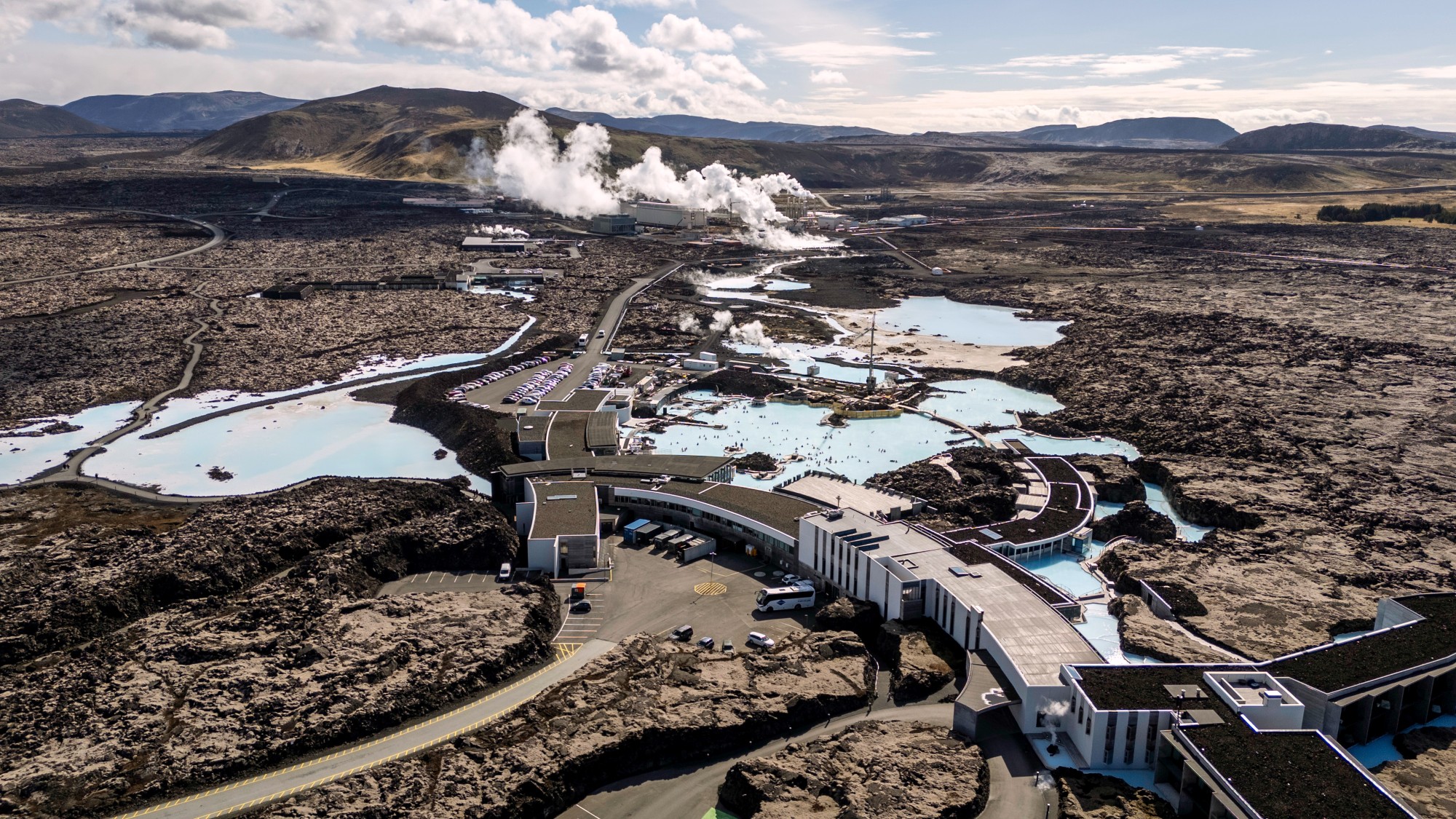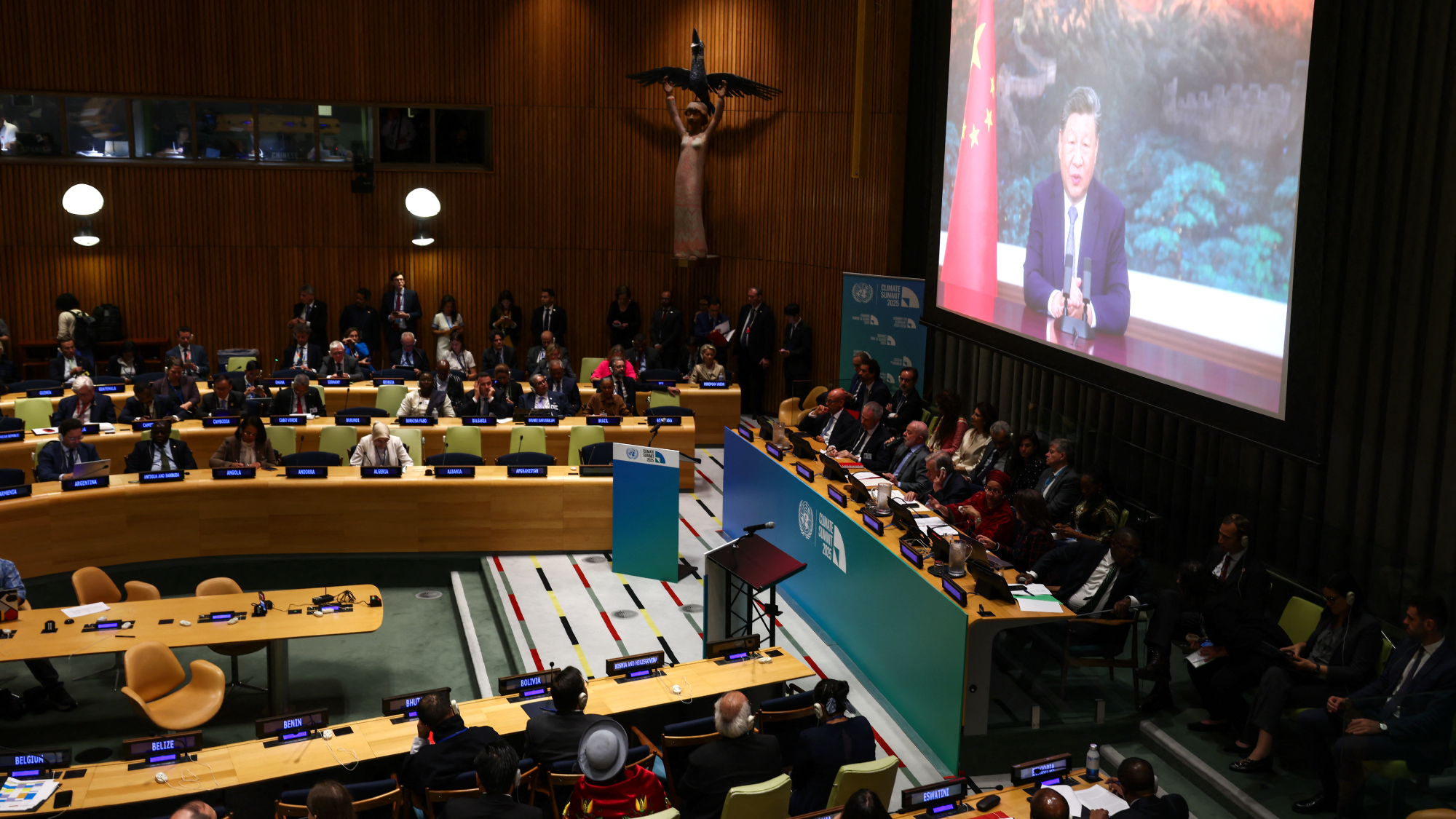Pylons: the new net-zero battleground
Plans to decarbonise the UK's electricity grid are likely to meet opposition – and not just from nimbys

A free daily email with the biggest news stories of the day – and the best features from TheWeek.com
You are now subscribed
Your newsletter sign-up was successful
Britain "is on the cusp of a net zero revolution," said Politico. "Just not the one many might assume."
With the government aiming for net zero electricity generation by 2035, a "massive expansion" of the electricity transmission system across the country will be needed. Although experts are "hesitant to provide an exact figure for this expansion", it will "necessitate more pylons", said the news site. "Lots more pylons."
The National Grid has estimated that over the next seven years, five times as many transmission lines – via either overhead pylons or underground cables – will need to be built as were in the past three decades. The fear is that the grid upgrades are "about to run up against planning battles and well-organised not-in-my-back-yard (NIMBY) campaigns", said Politico. "Get ready for the politics of pylons."
The Week
Escape your echo chamber. Get the facts behind the news, plus analysis from multiple perspectives.

Sign up for The Week's Free Newsletters
From our morning news briefing to a weekly Good News Newsletter, get the best of The Week delivered directly to your inbox.
From our morning news briefing to a weekly Good News Newsletter, get the best of The Week delivered directly to your inbox.
New infrastructure 'hard to miss'
The National Grid this week said that Britain's power network will need £60 billion of investment in order to hit the government's decarbonisation target. The aim is to add up to 86 gigawatts (GW) of offshore wind to the grid by 2035, "which on a windy day is enough to meet peak demand", said The Times. But thousands of miles of new cabling will be needed to send electricity from the sea to homes and businesses.
Some of the infrastructure needed "will be hard to miss", said Nils Prately in The Guardian. In places where infrastructure plans are under way, local tensions are already rising. Protests are "up and running" over a proposed 114-mile transmission line from Norwich to Tilbury, to get power from wind farms in the North Sea to users in the southeast of England, which will mainly consist of overhead pylon lines running through the East Anglian countryside.
The campaign has "taken its plight all the way to the throne", said Suffolk News. Some activists have written to the King asking him to support their calls for alternatives to National Grid's development plans in the area.
'Problem of pylons' yet to be solved
It's unfair to characterise those concerned about pylons as simply "nimbys", said Sarah Davies, a senior analyst for social innovation charity Nesta.
A free daily email with the biggest news stories of the day – and the best features from TheWeek.com
Campaigners have cited concerns that pylons and other electrical infrastructure "disrupt wildlife in rural ecosystems due to loss of habitats, noise pollution and collision risks with birds and insects". Other commentators have questioned "whether the compromise of rural land to achieve a 'green' future is worthwhile".
But between Labour's proposals to reform planning rules for nationally significant infrastructure, and the Conservative government's plan to compensate those living near pylons, "the most likely future approach is to plough on", said Davies. We are likely to see "continued attempts to remove barriers to expanding high-voltage transmission networks, including efforts to increase public acceptance through consultation and engagement, and improved design".
Anti-pylon rhetoric has existed since they were first introduced in 1928, she said. And nearly a century after the creation of the National Grid, it is clear the problem of pylons still "hasn't been solved".
Sorcha Bradley is a writer at The Week and a regular on “The Week Unwrapped” podcast. She worked at The Week magazine for a year and a half before taking up her current role with the digital team, where she mostly covers UK current affairs and politics. Before joining The Week, Sorcha worked at slow-news start-up Tortoise Media. She has also written for Sky News, The Sunday Times, the London Evening Standard and Grazia magazine, among other publications. She has a master’s in newspaper journalism from City, University of London, where she specialised in political journalism.
-
 Switzerland could vote to cap its population
Switzerland could vote to cap its populationUnder the Radar Swiss People’s Party proposes referendum on radical anti-immigration measure to limit residents to 10 million
-
 Political cartoons for February 15
Political cartoons for February 15Cartoons Sunday's political cartoons include political ventriloquism, Europe in the middle, and more
-
 The broken water companies failing England and Wales
The broken water companies failing England and WalesExplainer With rising bills, deteriorating river health and a lack of investment, regulators face an uphill battle to stabilise the industry
-
 Zero-bills homes: how you could pay nothing for your energy
Zero-bills homes: how you could pay nothing for your energyThe Explainer The scheme, introduced by Octopus Energy, uses ‘bill-busting’ and ‘cutting-edge’ technology to remove energy bills altogether
-
 Environment breakthroughs of 2025
Environment breakthroughs of 2025In Depth Progress was made this year on carbon dioxide tracking, food waste upcycling, sodium batteries, microplastic monitoring and green concrete
-
 Pros and cons of geothermal energy
Pros and cons of geothermal energyPros and Cons Renewable source is environmentally friendly but it is location-specific
-
 Builders return to the stone age
Builders return to the stone ageUnder the Radar With brick building becoming ‘increasingly unsustainable’, could a reversion to stone be the future?
-
 Megabatteries are powering up clean energy
Megabatteries are powering up clean energyUnder the radar They can store and release excess energy
-
 Renewables top coal as Trump seeks reversal
Renewables top coal as Trump seeks reversalSpeed Read For the first time, renewable energy sources generated more power than coal, said a new report
-
 China vows first emissions cut, sidelining US
China vows first emissions cut, sidelining USSpeed Read The US, the world’s No. 2 emitter, did not attend the New York summit
-
 EPA is reportedly killing Energy Star program
EPA is reportedly killing Energy Star programspeed read The program for energy-efficient home appliances has saved consumers billions in energy costs since its 1992 launch